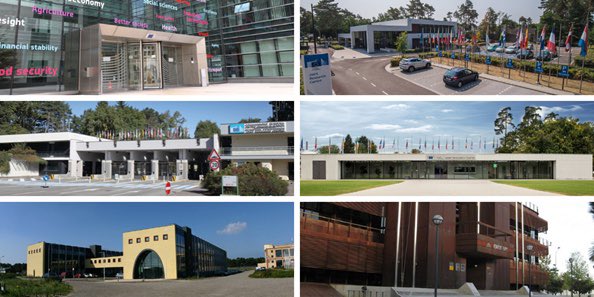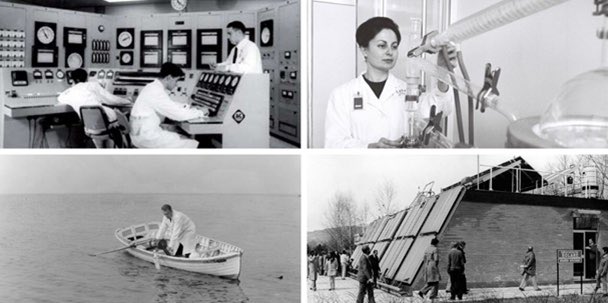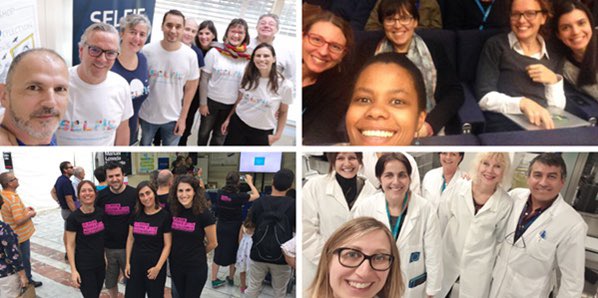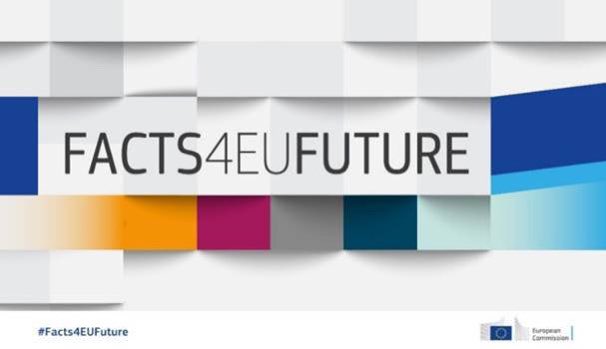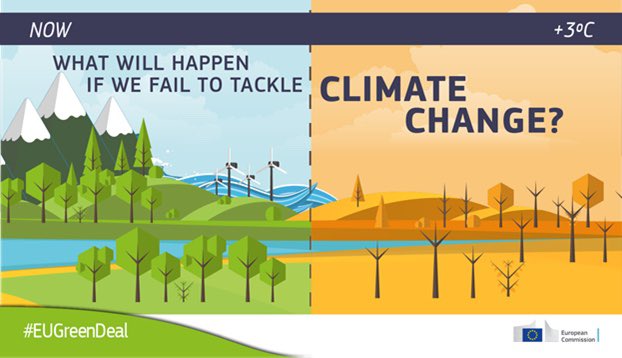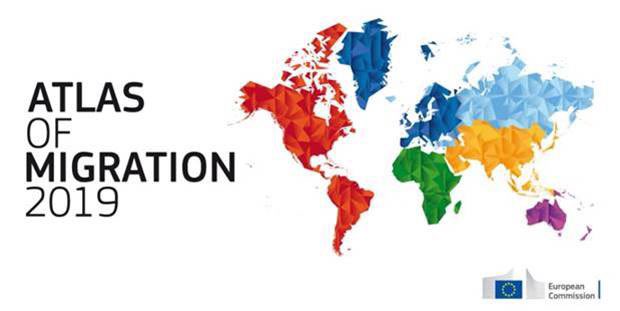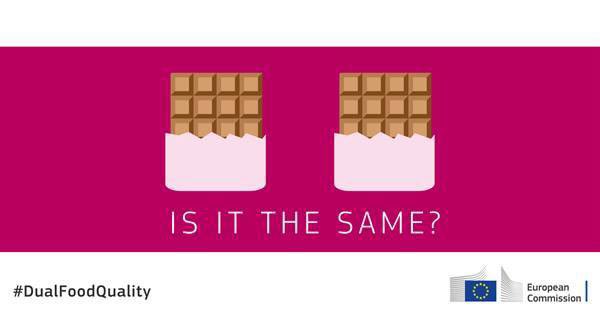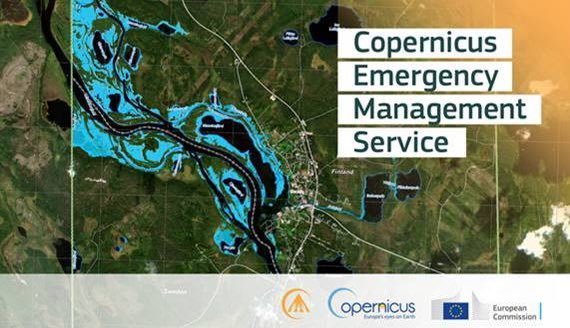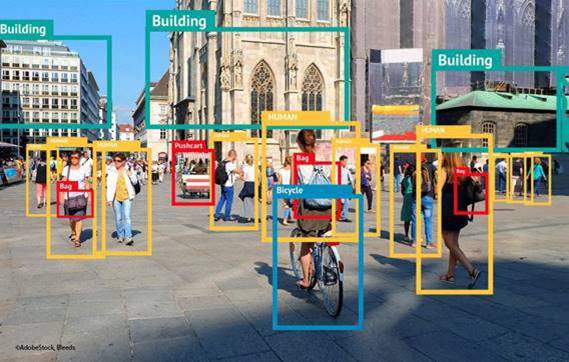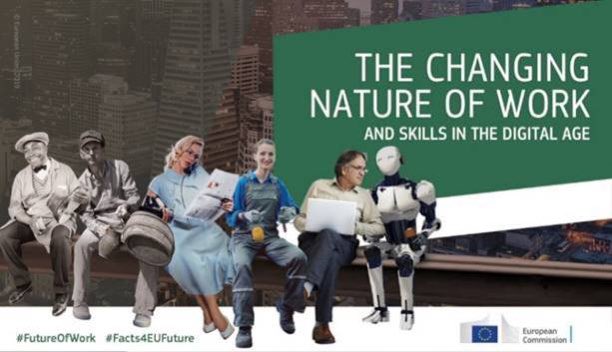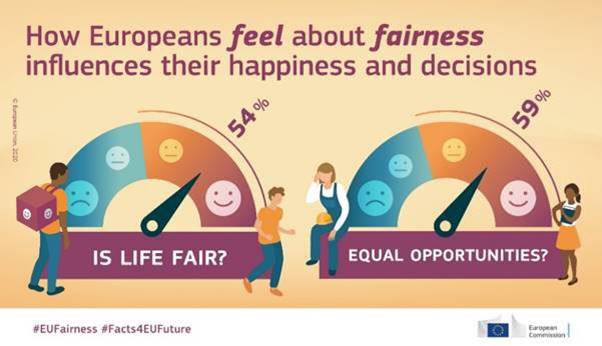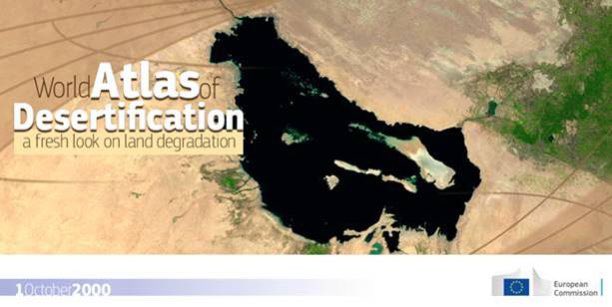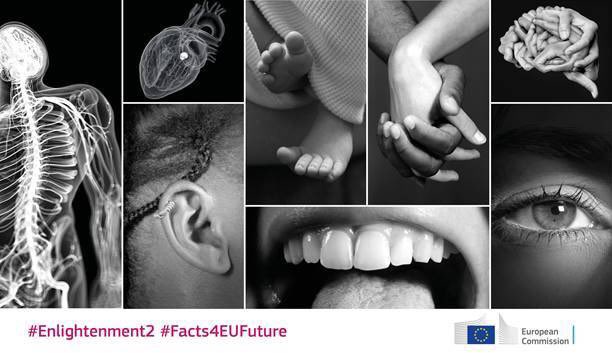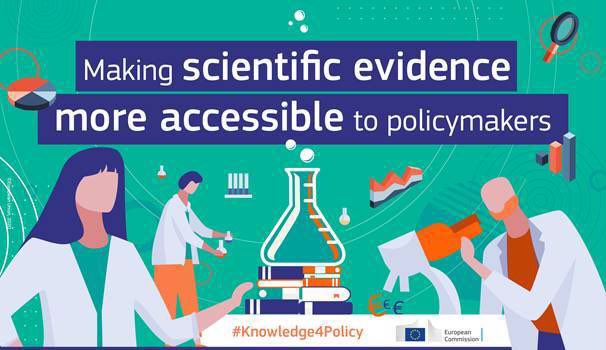My first 2 months at @EU_ScienceHub have been fascinating. I’ve begun to explore a rich tradition of scientific excellence spanning nearly 60 years.
Here are some of the things I have discovered so far
THREAD
Here are some of the things I have discovered so far

THREAD
Our researchers work to support EU policymaking, from conception and design to implementation and monitoring. We have 6 different sites:
 Brussels
Brussels
 Geel
Geel
 Ispra
Ispra
 Karlsruhe
Karlsruhe
 Petten
Petten
 Seville
Seville
http://ec.europa.eu/jrc/en/about/jrc-in-brief
/3
 Brussels
Brussels Geel
Geel Ispra
Ispra Karlsruhe
Karlsruhe Petten
Petten Seville
Sevillehttp://ec.europa.eu/jrc/en/about/jrc-in-brief
/3
The @EU_ScienceHub began as the Joint Nuclear Research Centre. Nuclear energy, safety & security was core business until the 70’s.
The Ispra site was inaugurated in 1959. Geel
was inaugurated in 1959. Geel  1960, Petten
1960, Petten  1962, Karlsruhe
1962, Karlsruhe  1965, & Seville
1965, & Seville  1994 followed.
1994 followed.
/4
The Ispra site
 was inaugurated in 1959. Geel
was inaugurated in 1959. Geel  1960, Petten
1960, Petten  1962, Karlsruhe
1962, Karlsruhe  1965, & Seville
1965, & Seville  1994 followed.
1994 followed./4
For nearly 60 years, the @EU_ScienceHub has been producing & managing scientific knowledge.
It is home to over 2000 scientists and hosts some quite unique labs and facilities.
https://ec.europa.eu/jrc/en/research-facilities
/5
It is home to over 2000 scientists and hosts some quite unique labs and facilities.
https://ec.europa.eu/jrc/en/research-facilities
/5
The @EU_ScienceHub scientists are a mix of permanent and temporary staff.
This ensures both stability and an influx of up to date and fresh knowledge in the organisation.
Here are just a few of the projects our researchers are currently working on
/6
This ensures both stability and an influx of up to date and fresh knowledge in the organisation.
Here are just a few of the projects our researchers are currently working on

/6
The EU faces complex challenges resulting from global transformative trends.
The @EU_ScienceHub has produced a series of reports to help policymakers anticipate and understand change.
Explore the #Facts4EUfuture reports: https://ec.europa.eu/jrc/en/facts4eufuture
#foresight
/7
The @EU_ScienceHub has produced a series of reports to help policymakers anticipate and understand change.
Explore the #Facts4EUfuture reports: https://ec.europa.eu/jrc/en/facts4eufuture
#foresight
/7
A recent @EU_ScienceHub report on #ClimateChange spells out the impact across Europe if no action is taken.
It also highlights the losses that can be avoided if ambitious mitigation & adaptation measures are implemented.
http://europa.eu/!hr76XK #EUGreenDeal
/8
It also highlights the losses that can be avoided if ambitious mitigation & adaptation measures are implemented.
http://europa.eu/!hr76XK #EUGreenDeal
/8
#Migration & #Demography data can be complex  … that’s why the @EU_ScienceHub researchers created the #MigrationAtlas.
… that’s why the @EU_ScienceHub researchers created the #MigrationAtlas.
An online interactive tool that makes global migration data easy to access and use.
https://europa.eu/!wP37HY
#EUmigration
/9
 … that’s why the @EU_ScienceHub researchers created the #MigrationAtlas.
… that’s why the @EU_ScienceHub researchers created the #MigrationAtlas.An online interactive tool that makes global migration data easy to access and use.
https://europa.eu/!wP37HY
#EUmigration
/9
When consumers complained that some food products differ between countries, despite same or similar packaging, @EU_ScienceHub went on a testing campaign - the methodology developed now helps EU countries fight misleading practices https://europa.eu/!vY74GK
#dualfoodquality
/10
#dualfoodquality
/10
Existing information on rare diseases is very scattered.
That's why the @EU_ScienceHub created the European platform on #RareDisease registration.
It makes fragmented data searchable & findable across rare disease registries.
https://eu-rd-platform.jrc.ec.europa.eu
/11
That's why the @EU_ScienceHub created the European platform on #RareDisease registration.
It makes fragmented data searchable & findable across rare disease registries.
https://eu-rd-platform.jrc.ec.europa.eu
/11
#DYK that satellite mapping for the #Copernicus Emergency Management Service is implemented by @EU_ScienceHub?
Explore the on-demand mapping system for disasters & the monitoring systems on floods (EFAS), forest fires (EFFIS) and droughts (EDO) https://emergency.copernicus.eu
/12
Explore the on-demand mapping system for disasters & the monitoring systems on floods (EFAS), forest fires (EFFIS) and droughts (EDO) https://emergency.copernicus.eu
/12
As computing power advances, data availability & new algorithms mean major breakthroughs for #AI. How can we benefit?
@EU_ScienceHub looks into the impact of machine intelligence on cognitive/socio-emotional capabilities & decision making https://europa.eu/!YR49qw
#HUMAINT
/13
@EU_ScienceHub looks into the impact of machine intelligence on cognitive/socio-emotional capabilities & decision making https://europa.eu/!YR49qw
#HUMAINT
/13
“A Europe fit for the #digital age” is one of the @EU_Commission priorities.
Exploring how schools can expolit digital technologies for teaching & learning is crucial.
The #SELFIE_EU tool developed by @EU_ScienceHub & @EUDigitalEdu can help http://europa.eu/!Nw69xt
http://europa.eu/!Nw69xt
/14
Exploring how schools can expolit digital technologies for teaching & learning is crucial.
The #SELFIE_EU tool developed by @EU_ScienceHub & @EUDigitalEdu can help
 http://europa.eu/!Nw69xt
http://europa.eu/!Nw69xt /14
Can the #DigitalTransformation bring new job opportunities? Yes! Digital platform work is an example.
The digital transformation can also create policy challenges.
Read all about it in the @EU_ScienceHub #FutureOfWork report: https://europa.eu/!Dy34du
#Facts4EUFuture
/15
The digital transformation can also create policy challenges.
Read all about it in the @EU_ScienceHub #FutureOfWork report: https://europa.eu/!Dy34du
#Facts4EUFuture
/15
From smart homes to smart communities & cities – the work of the @EU_ScienceHub smart grid interoperability lab benefits manufacturers, operators, standardisation bodies and consumers alike http://europa.eu/!JF36Hd
/16
/16
The @EU_ScienceHub researchers have developed a tool to assess and benchmark #EUCreativeCities.
The latest version, from 2019, provides info on cultural & creative performance of 190 European cities, as well as #fairness in access to culture.
https://europa.eu/!fN73bV
/17
The latest version, from 2019, provides info on cultural & creative performance of 190 European cities, as well as #fairness in access to culture.
https://europa.eu/!fN73bV
/17
Do Europeans believe their life is fair?
What are the drivers of these feelings?
What are the consequences of feeling life is unfair?
@EU_ScienceHub researchers looked into these questions too. Explore the #EUfairness report here http://europa.eu/!Kd37PH
http://europa.eu/!Kd37PH
#Facts4EUFuture
/18
What are the drivers of these feelings?
What are the consequences of feeling life is unfair?
@EU_ScienceHub researchers looked into these questions too. Explore the #EUfairness report here
 http://europa.eu/!Kd37PH
http://europa.eu/!Kd37PH #Facts4EUFuture
/18
Fighting #LandDegradation is key to preserve our 
The @EU_ScienceHub helps decision makers tackle this problem & apply local solutions to a global problem.
How? With the World Atlas of #Desertification.
Check out the maps, data & forecasts http://europa.eu/!wT33Mv
http://europa.eu/!wT33Mv
/19

The @EU_ScienceHub helps decision makers tackle this problem & apply local solutions to a global problem.
How? With the World Atlas of #Desertification.
Check out the maps, data & forecasts
 http://europa.eu/!wT33Mv
http://europa.eu/!wT33Mv /19
Knowing how people communicate with each other, their values & identities helps to improve the quality of policymaking in the EU.
So @EU_ScienceHub researchers have worked on understanding our political nature https://europa.eu/!qC37vR
https://europa.eu/!qC37vR
#Facts4EUFuture #Enlightenment2
/20
So @EU_ScienceHub researchers have worked on understanding our political nature
 https://europa.eu/!qC37vR
https://europa.eu/!qC37vR #Facts4EUFuture #Enlightenment2
/20
Finally, science isn’t our only business. @EU_ScienceHub also works to bridge the world of scientists and policymakers through the #Knowledge4Policy knowledge management platform  https://ec.europa.eu/knowledge4policy/
https://ec.europa.eu/knowledge4policy/
#EUknowledge
/21
 https://ec.europa.eu/knowledge4policy/
https://ec.europa.eu/knowledge4policy/#EUknowledge
/21
That’s it for this first rapid tour of the work of @EU_ScienceHub. There’s lots more to tell, but that’ll be for another thread!
ENDS
ENDS

 Read on Twitter
Read on Twitter